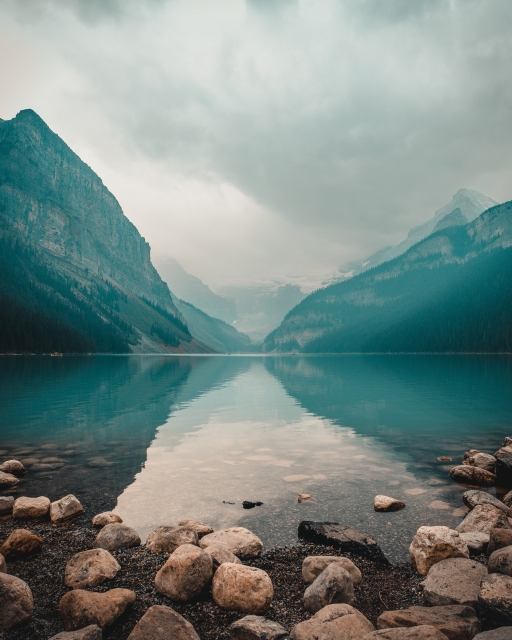The 50th anniversary of Earth day comes at a time when citizens of the Earth feel uniquely connected—and disconnected—by our current COVID crisis. While the first Earth Day in 1970 saw millions of Americans taking to the street to protest complacency about environmental issues, this year, the world’s largest civic event will be celebrated virtually.
Princeton University Press publishes a wide variety of books that both celebrate our planet, and speak to the worsening crisis it faces.
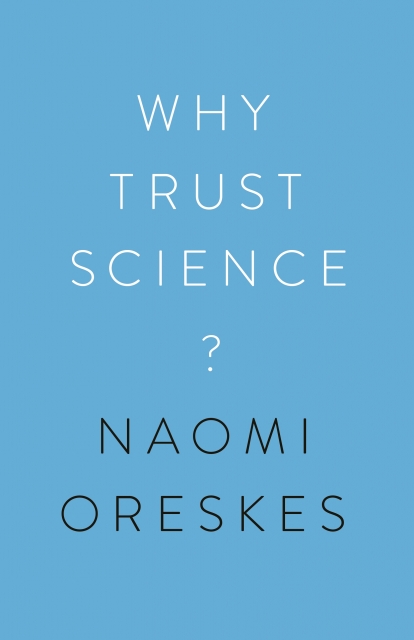
Why Trust Science?
Should we take climate experts at their word when they warn us about the perils of global warming? Why should we trust science when our own politicians don’t? In this landmark book, Naomi Oreskes offers a bold and compelling defense of science, revealing why the social character of scientific knowledge is its greatest strength—and the greatest reason we can trust it.
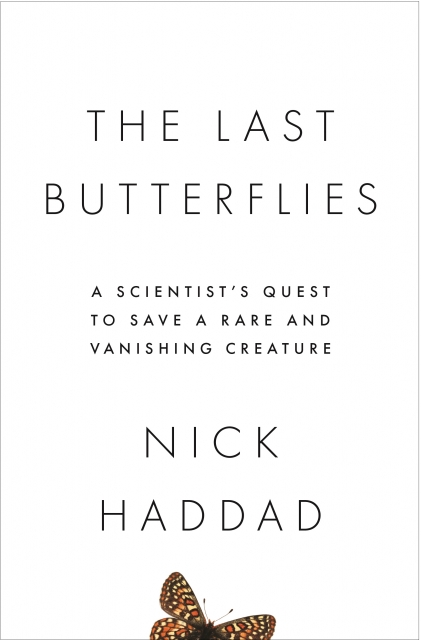
The Last Butterflies: A Scientist’s Quest to Save a Rare and Vanishing Creature
A moving account of extinction, recovery, and hope, The Last Butterflies demonstrates the great value of these beautiful insects to science, conservation, and people.
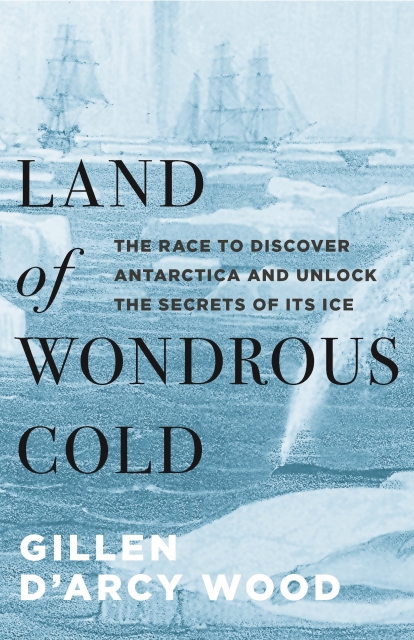
Land of Wondrous Cold: The Race to Discover Antarctica and Unlock the Secrets of Its Ice
A deep-time history of monumental scale, Land of Wondrous Cold brings the remotest of worlds within close reach—an Antarctica vital to both planetary history and human fortunes.
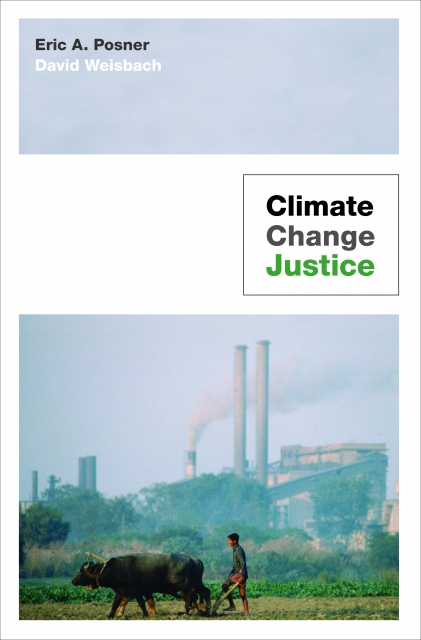
Climate Change Justice
Climate change and justice are so closely associated that many people take it for granted that a global climate treaty should — indeed, must — directly address both issues together. But, in fact, this would be a serious mistake, one that, by dooming effective international limits on greenhouse gases, would actually make the world’s poor and developing nations far worse off. This is the provocative and original argument of Climate Change Justice.
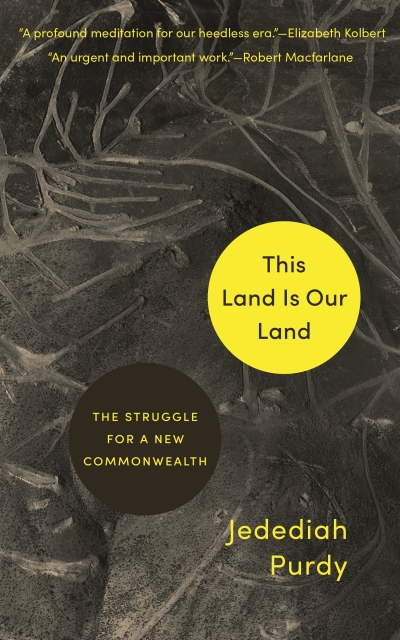
This Land Is Our Land: The Struggle for the New Commonwealth
From one of our finest writers and leading environmental thinkers, This Land Is Our Land is a powerful book about how the land we share divides us—and how it could unite us.
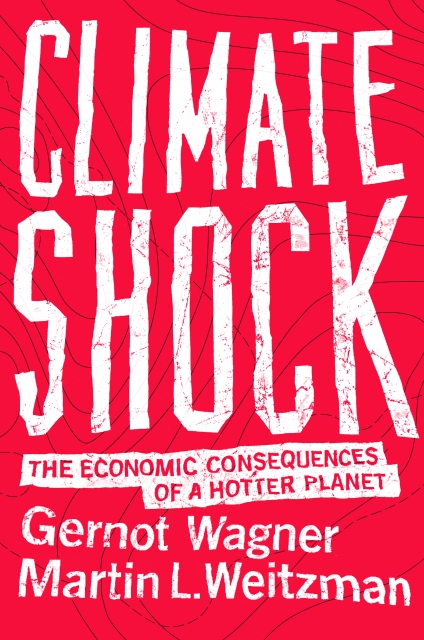
Climate Shock: The Economic Consequences of a Hotter Planet
Demonstrating that climate change can and should be dealt with — and what could happen if we don’t do so — Climate Shock tackles the defining environmental and public policy issue of our time.
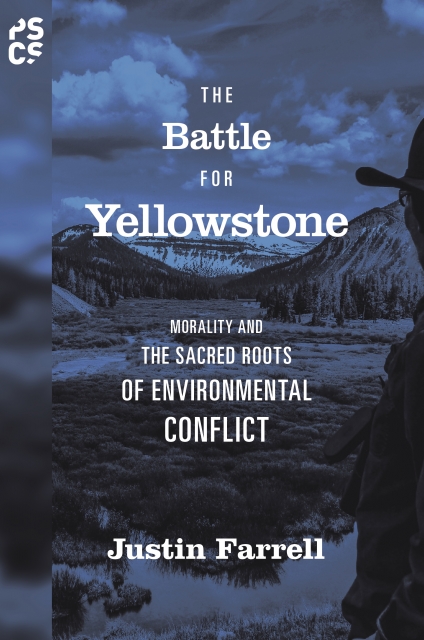
The Battle for Yellowstone: Morality and the Sacred Roots of Environmental Conflict
This groundbreaking book shows how the unprecedented conflict over Yellowstone is not all about science, law, or economic interests, but more surprisingly, is about cultural upheaval and the construction of new moral and spiritual boundaries in the American West.
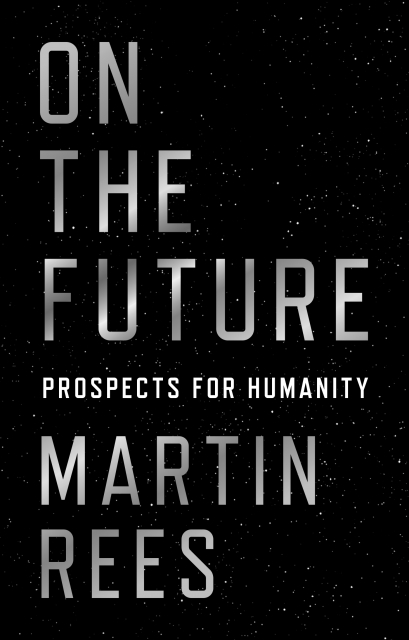
On the Future: Prospects for Humanity
Humanity has reached a critical moment. Our world is unsettled and rapidly changing, and we face existential risks over the next century. Various outcomes—good and bad—are possible. Yet our approach to the future is characterized by short-term thinking, polarizing debates, alarmist rhetoric, and pessimism. In this short, exhilarating book, renowned scientist and bestselling author Martin Rees argues that humanity’s prospects depend on our taking a very different approach to planning for tomorrow.
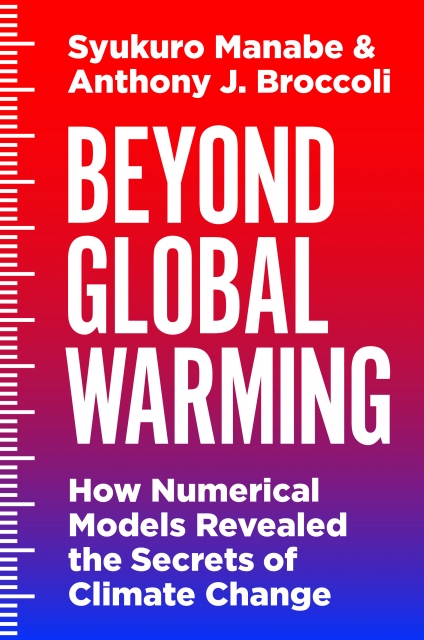
Beyond Global Warming: How Numerical Models Revealed the Secrets of Climate Change
Syukuro Manabe is perhaps the leading pioneer of modern climate modeling. Beyond Global Warming is his compelling firsthand account of how the scientific community came to understand the human causes of climate change, and how numerical models using the world’s most powerful computers have been instrumental to these vital discoveries.
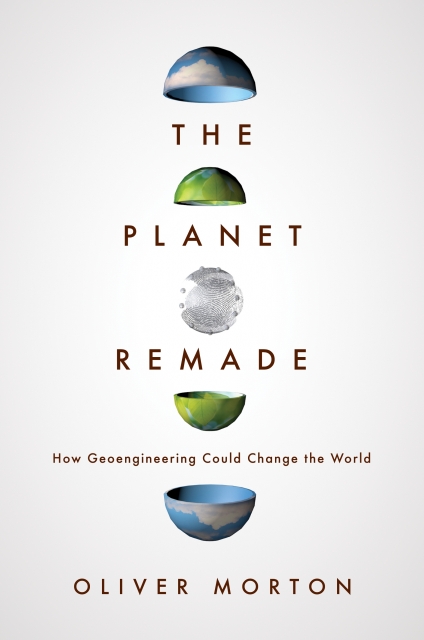
The Planet Remade: How Geoengineering Could Change the World
The Planet Remade explores the history, politics, and cutting-edge science of geoengineering. Morton weighs both the promise and perils of these controversial strategies and puts them in the broadest possible context.
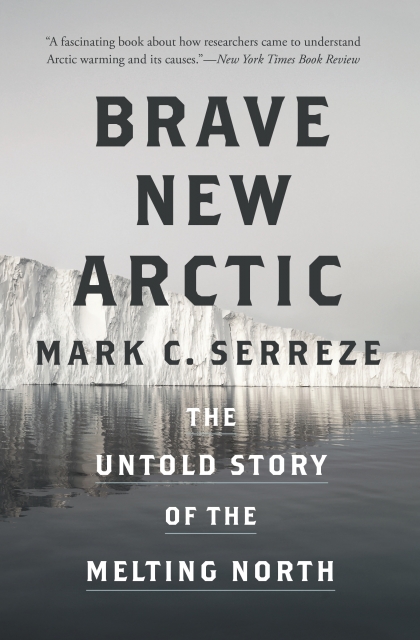
Brave New Arctic: The Untold Story of the Melting North
In the 1990s, researchers in the Arctic noticed that floating summer sea ice had begun receding. This was accompanied by shifts in ocean circulation and unexpected changes in weather patterns throughout the world. The Arctic’s perennially frozen ground, known as permafrost, was warming, and treeless tundra was being overtaken by shrubs. What was going on? Brave New Arctic is Mark Serreze’s riveting firsthand account of how scientists from around the globe came together to find answers.
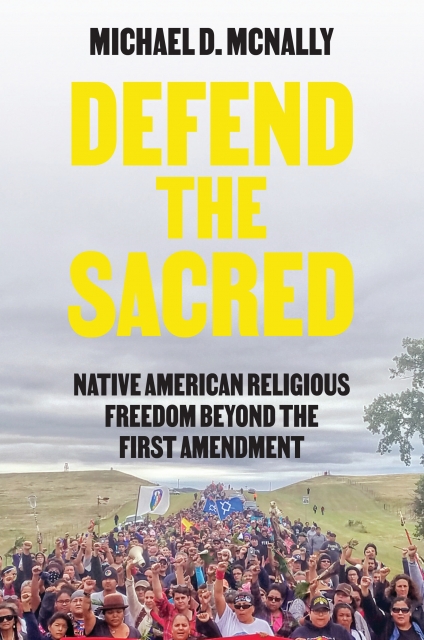
Defend the Sacred: Native American Religious Freedom beyond the First Amendment
From North Dakota’s Standing Rock encampments to Arizona’s San Francisco Peaks, Native Americans have repeatedly asserted legal rights to religious freedom to protect their sacred places, practices, objects, knowledge, and ancestral remains. But these claims have met with little success in court because Native American communal traditions don’t fit easily into modern Western definitions of religion. In Defend the Sacred, Michael McNally explores how, in response to this situation, Native peoples have creatively turned to other legal means to safeguard what matters to them.
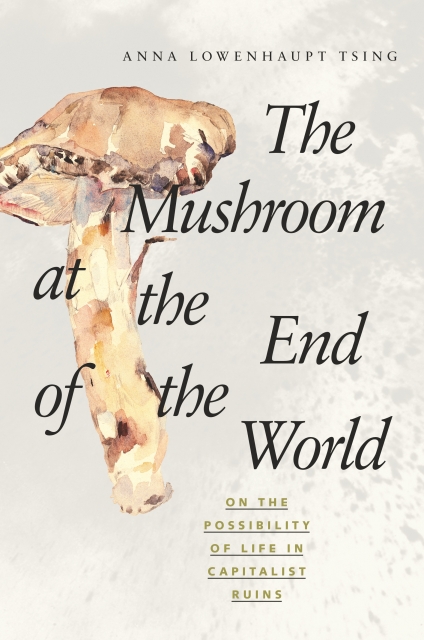
The Mushroom at the End of the World: On the Possibility of Life in Capitalist Ruins
By investigating one of the world’s most sought-after fungi, The Mushroom at the End of the World presents an original examination into the relation between capitalist destruction and collaborative survival within multispecies landscapes, the prerequisite for continuing life on earth.
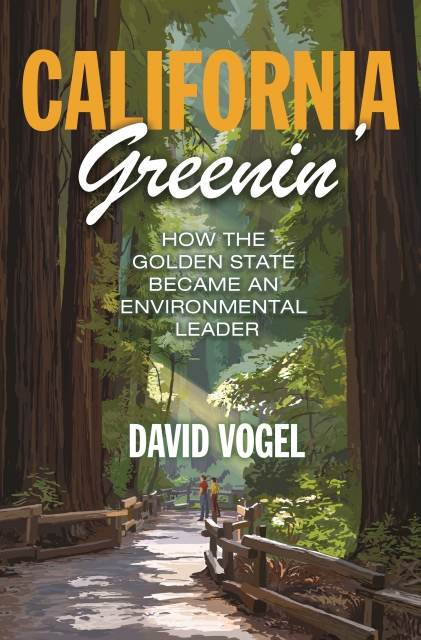
California Greenin’: How the Golden State Became an Environmental Leader
The first comprehensive look at California’s history of environmental leadership, California Greenin’ shows why the Golden State has been at the forefront in setting new environmental standards, often leading the rest of the nation.
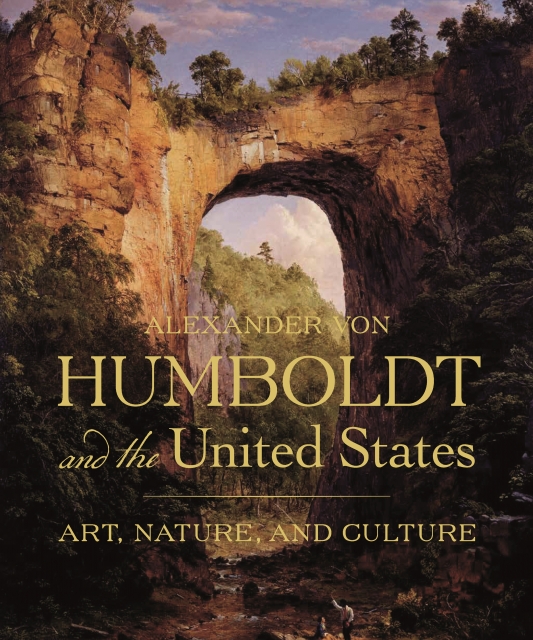
Alexander von Humboldt and the United States: Art, Nature, and Culture
In this beautifully illustrated book, Eleanor Jones Harvey examines how Humboldt left a lasting impression on American visual arts, sciences, literature, and politics. She shows how he inspired a network of like-minded individuals who would go on to embrace the spirit of exploration, decry slavery, advocate for the welfare of Native Americans, and extol America’s wilderness as a signature component of the nation’s sense of self.
